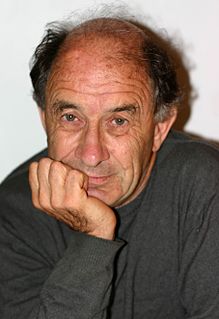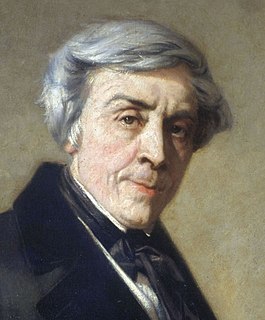A Quote by David Gross
From the age of 13, I was attracted to physics and mathematics. My interest in these subjects derived mostly from popular science books that I read avidly.
Related Quotes
I appreciate and enjoy mathematics and science and all that side of things. I definitely have that side of me even though I'm not by any means an expert, but I love reading about physics and math and that kind of stuff. I wish I knew more than I did. I mean, I read books written for laymen, not textbooks or anything.
Of all the intellectual faculties, judgment is the last to mature. A child under the age of fifteen should confine its attention either to subjects like mathematics, in which errors of judgment are impossible, or to subjects in which they are not very dangerous, like languages, natural science, history, etc.
It seems that every practitioner of physics has had to wonder at some point why mathematics and physics have come to be so closely entwined. Opinions vary on the answer. ..Bertrand Russell acknowledged..'Physics is mathematical not because we know so much about the physical world, but because we know so little.' ..Mathematics may be indispensable to physics, but it obviously does not constitute physics.
Mathematics has two faces: it is the rigorous science of Euclid, but it is also something else. Mathematics presented in the Euclidean way appears as a systematic, deductive science; but mathematics in the making appears as an experimental, inductive science. Both aspects are as old as the science of mathematics itself.


































